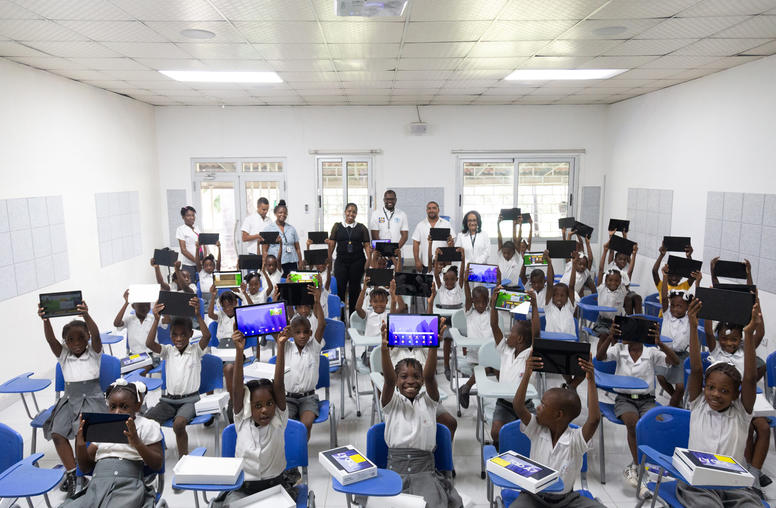Lessons Learned from Past International Security Missions in Haiti
A Discussion with Former UN Special Representatives on the Keys to Future Success
Two and a half years after the assassination of its president, Haiti is at an inflection point in the restoration of security and governance. A Kenyan-led multinational security force will soon deploy to the country and a group of former prime ministers from CARICOM nations are working to reach a political solution that would produce a more effective transitional government. But with gangs controlling much of the capital and humanitarian assistance nearly frozen, these endeavors will face immense challenges. To succeed, leaders and policymakers will need to learn from past efforts.
On December 14, USIP — in partnership with the missions of Haiti, Trinidad and Tobago, and the United States of America to the Organization of American States (OAS)— hosted a discussion with former U.N. special representatives that explored the challenges facing these renewed efforts to stabilize Haiti’s security and political environments.
Please note: This event was streamed live in English, French and Spanish.
Continue the conversation on social media using the hashtag #HaitiSecurityUSIP.
English
French
Spanish
Speakers
Keith Mines, opening remarks
Vice President, Latin America Program
H.E. Enrique ter Horst
Former U.N. Special Representative for Haiti (1996-1998)
H.E. Juan Gabriel Valdés
Former U.N. Special Representative for Haiti (2004-2006)
H.E. Edmond Mulet
Former U.N. Special Representative for Haiti (2006-2007; 2010-2011)
H.E. Helen La Lime
Former U.N. Special Representative for Haiti (2018-2022)


